#african christians
Video
youtube
Masaka Kids Africana - I Look to You
[Official Music Video]
#youtube#Masaka Kids Africana performing I Look to You#African Christian Kids group#I Look to You#african christians
3 notes
·
View notes
Text
Prayer for a blessing in your life?!!!
Father, thank you for the previous answers to my prayers. Glory be to your name. if there is any sin in my life that will hinder my prayers this morning, please forgive me and have mercy on me. Remember your promises to me. Please fulfil them this new month. Don’t let the enemy triumph over me. Let my victory be total. Don’t let the enemy share your glory. Bless me and make me a blessing to…

View On WordPress
#african christians#christian#christiantoday#effective prayer#effectivefaith#encouragement#endtimemassage#God aswers prayer#howtopray#modern Christians#ourlordJesusChrist#prayers#praying#true prayers
1 note
·
View note
Text
"Prayer Focus
Ask God to encourage and protect the small number of Baggara Muslims who have become Christian believers. Pray that the Holy Spirit would complete the work begun in their hearts through adequate discipleship. Ask God to raise up faithful prayer teams to begin breaking up the soil through worship and intercession. Pray that the Christians living in Africa would be stirred with vision for outreach and a genuine burden to reach out to the Baggara tribes. Ask the Lord to raise up network of fellowships among the Batahin."
#God#Christ#Jesus#Salvation through Christ#Muslims#islam#apostasy from islam#Baggara#African Christians#Batahin
0 notes
Text
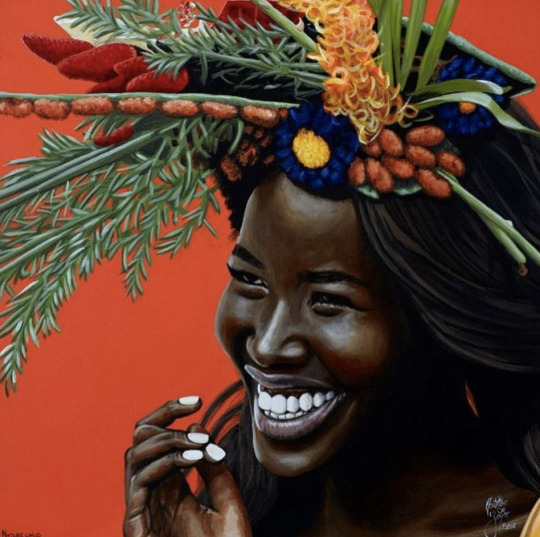
Christian Beijer
419 notes
·
View notes
Text
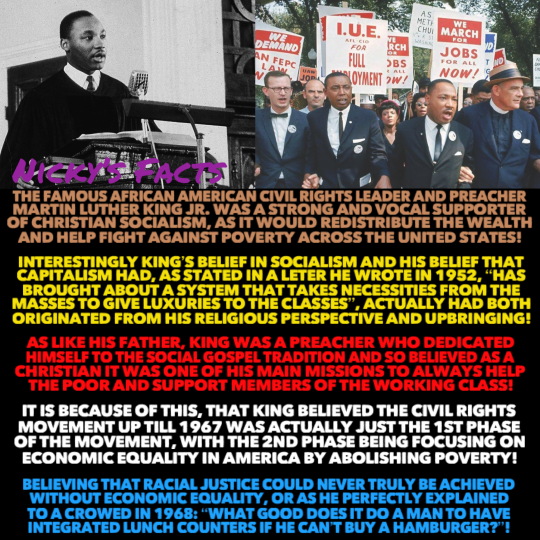
Martin Luther King Jr. was a Christian Socialist!
🕊️
#history#martin luther king jr#civil rights movement#christianity#social change#african american history#mlk day#historical figures#blm#i have a dream#socialism#american history#black tumblr#love not hate#role model#black lives matter#black excellence#black history#martin luther king day#social justice#1960s#united states#civil rights#nickys facts
144 notes
·
View notes
Text

Haneem Christian - Brotherhood (2017)
438 notes
·
View notes
Text

Sithelo Shozi
#sithelo shozi#south african women#burberry#louis vuitton#dior#christian dior#black girl moodboard#black girl aesthetic#black girls are beautiful#black women#black femininity#black women in luxury#black girls in luxury#black woman#thickwomen#full lips#bratz aesthetic#bratz doll#soft black women#soft black girls
71 notes
·
View notes
Text
Witchcraft Supplies & Occult Publishers
A growing list of resources for Magic.
It is imprtant that we support our occult shops and publishers. but also all relevant supplies are helpful as well.
#witchcraft#occultism#sorcery#folkmagick#occultbooks#paganism#Pre-christian religions#african traditional religions#afro caribbean traditional religions
61 notes
·
View notes
Text
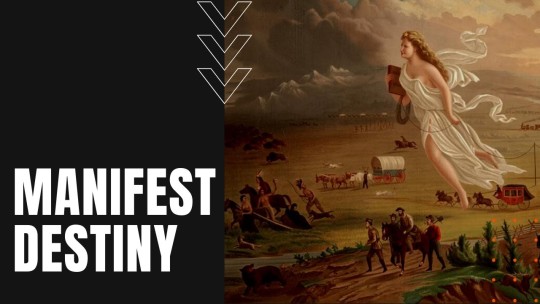
The term 'Sub-Saharan' Africa is a colonial language that was used to belittle African nations south of the Sahara and to separate the other countries from North Africa– Egypt, Morocco, Algeria, Tunisia, Libya, and Sudan due to them being Arab states.
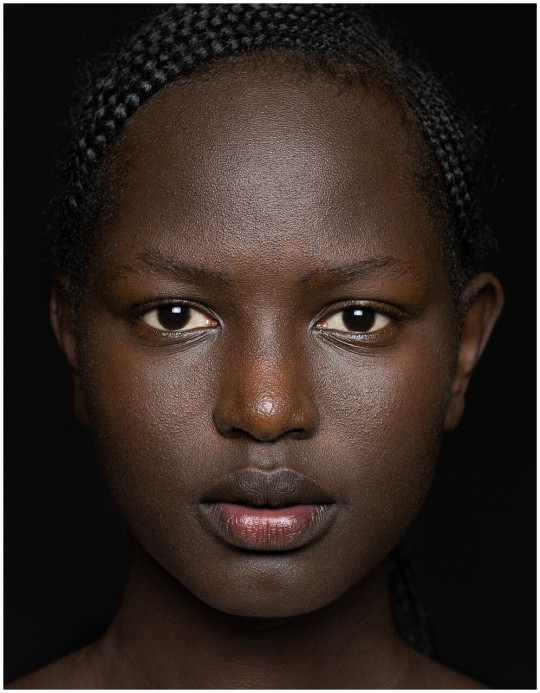
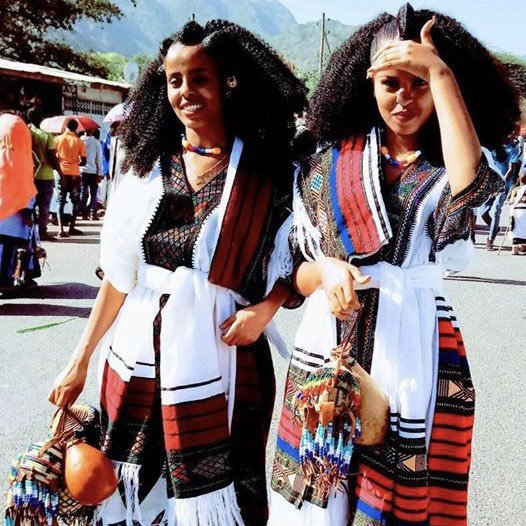

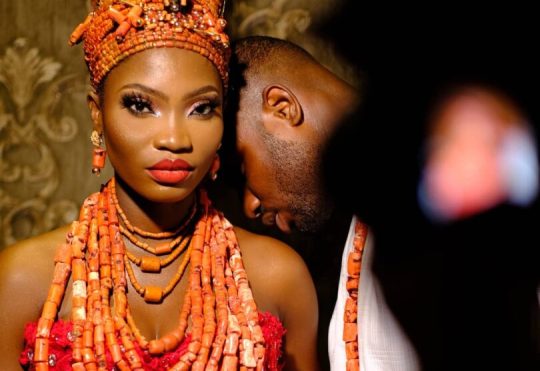
Colored, Negro, Black, Nigger
Every one of these terms come from the mindset of Europeans not Africans. Indigenous African societies do not use the term black as a racial identity outside of influences brought by Western cultures.
Contemporary anthropologists and other scientists, while recognizing the reality of biological variation between different human populations, regard the concept of a unified, distinguishable "Black race" as socially constructed.
Black is a term developed in the Colonial Assembly of Maryland, after a rebellion called Bacon's Rebellion, fought from 1676 to 1677.
The alliance between European indentured servants and Africans (a mix of indentured, enslaved, and Free Negroes) disturbed the colonial upper class. They responded by hardening the racial caste of slavery in an attempt to divide the two races from subsequent united uprisings with the passage of the Virginia Slave Codes of 1705.
White took on the meaning "British, Christian and having rights. Black meaning not having rights.
These divided the two populations, by giving poor Europeans with no power, unprecedented power over all non-Europeans.
The laws were devised to establish a greater level of control over the rising African slave population of Virginia. It also socially segregated white colonists from black enslaved persons, making them disparate groups and hindering their ability to unite. Unity of the commoners was a perceived fear of the Virginia aristocracy, who wished to prevent repeated events such as Bacon's Rebellion, occurring 29 years prior.
By refusing to call you an African, it belittles you, no such thing as black names, black land or black languages. It is like calling a woman big lips or flat butt and refusing to call the woman by her actual name. "Hey colored girl, or black boy".
In social psychology, a stereotype is a generalized belief about a particular category of people.
African populations have the highest levels of genetic variation among all humans.

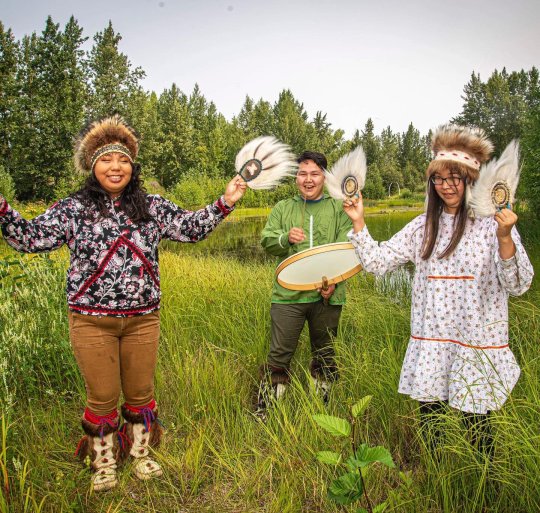
Why You Probably Shouldn't Say 'Eskimo'
People in many parts of the Arctic consider Eskimo a derogatory term because it was widely used by racist, non-native colonizers. Many people also thought it meant eater of raw meat, which connoted barbarism and violence. Although the word's exact etymology is unclear, mid-century anthropologists suggested that the word came from the Latin word excommunicati, meaning the excommunicated ones, because the native people of the Canadian Arctic were not Christian.
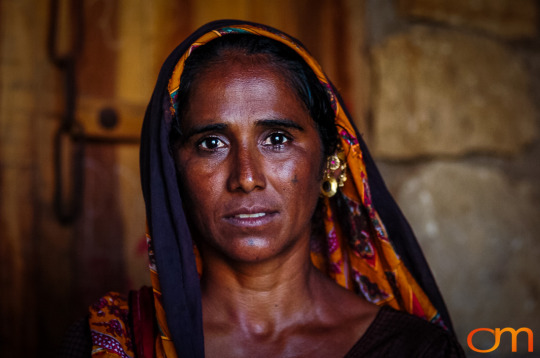
According to the Constitution of India, we are “the people of India that is Bharat”
In English language discourse, the word ‘India’ is used and in Hindi expressions, the word ‘Bharat’ is used. The Anglicised call it ‘India’, and the indigenous call it ‘Bharat’. Our ruling class calls it ‘India’, the others, the janata, call it ‘Bharat’. It has become a trend and fashion to prefer the word ‘India’ over ‘Bharat’. We converse with the country in Hindi and other vernaculars while we govern it in English.

Japanese people usually refer to their country as Nihon or Nippon
The name "Japan" in English is derived from the Portuguese word "Japão," which was used during the 16th century when Portuguese traders and explorers first arrived in Japan. The Portuguese term "Japão" likely evolved from the Malay word "Japang" or "Japang Pulau," which referred to the Japanese archipelago.
The Japanese people themselves refer to their country as "Nihon" (日本) or "Nippon" (日本), and these terms have been used in the Japanese language for centuries.

As European seen themselves as the elites of all races and god's chosen people. They took on the mindset of what I say makes the most sense.
Renaming essentially all populations they came in contact with, using their language as opposed to learning the language of the natives.
And whatever religion or spirituality people had Europeans demonized it and forced converted people to Christianity.
#african#afrakan#kemetic dreams#africans#brownskin#brown skin#afrakans#manifest destiny#colonization#colonialism#europeans#european#slavery#mindset#christianity#religion#spiritual#spirituality#asians#gujarat#gujarati people#india#bharat#nippon#nihon#english#eskimo#yupik#inuit#bacons rebellion
114 notes
·
View notes
Text
‘What do you do if you’re not allowed to be angry at God?’
Akwaeke Emezi
The Death of Vivek Oji (2020)
#african literature#literature quotes#literary#literature#black literature#lit#nonbinary#non-binary literature#book quotes#god#ethel cain#quotes#ex christian#christian quotes#booklr
61 notes
·
View notes
Text
#Africa#black power#knowledge#black knowledge#african#self knowledge#black spirituality#spirituality#christians#christianity#voodoo#hoodoo#black magic#spiritual#african history#black history
994 notes
·
View notes
Text
The Christianization of African-Americans
Postcolonial American culture's preoccupation with breaking away from Europe was far removed from the situation among Africans in the United States at the time. The initial tenacity with which African Americans held onto their indigenous practices and the reluctance of many Southern white slaveholders to teach Christianity to the slaves limited the Christianizing process in the early period. Even the Great Awakening of the 1740s, which swept the country like a hurricane, failed to reach the masses of slaves. Only with the Great Western Revival at the turn of the nineteenth century did the Christianizing process gain a significant foothold among black people.
The central questions at this junction are: Why did large numbers of American black people become Christians? What features of Protestant Christianity persuaded them to become Christian?
The Baptist separatists and the Methodists, religious dissenters in American religious culture, gained the attention of the majority of slaves in the Christianizing process. The evangelical outlook of these denominations stressed individual experience, equality before God, and institutional autonomy. Baptism by immersion, practiced by Baptists, may indeed have reminded slaves from Nigeria and Dahomey of African river cults, but fails to fully explain the success of the Christianizing process among Africans.
Black people became Christians for intellectual, existential, and political reasons. Christianity is, as Friedrich Nietzsche has taught us and liberation theologians remind us, a religion especially fitted to the oppressed. It looks at the world from the perspective of those below. The African slaves' search for identity could find historical purpose in the exodus of Israel out of slavery and personal meaning in the bold identification of Jesus Christ with the lowly and downtrodden. Christianity also is first and foremost a theodicy, a triumphant account of good over evil. The intellectual life of the African slaves in the United States —like that of all oppressed peoples— consisted primarily of reckoning with the dominant form of evil in their lives. The Christian emphasis on against-the-evidence hope for triumph over evil struck deep among many of them.
The existential appeal of Christianity to black people was the stress of Protestant evangelicalism on individual experience, and especially the conversion experience. The "holy dance" of Protestant evangelical conversion experience closely resembled the "ring shout" of West African novitiate rites: both are religious forms of ecstatic bodily behavior in which everyday time is infused with meaning and value through unrestrained rejoicing.
The conversion experience played a central role in the Christianizing process. It not only created deep bonds of fellowship and a reference point for self-assurance during times of doubt and distress; it also democratized and equalized the status of all before God. The conversion experience initiated a profoundly personal relationship with God, which gave slaves a special self-identity and self-esteem in stark contrast with the roles imposed upon them by American society.
The primary political appeal of the Methodists and especially of the Baptists for black people was their church polity and organizational form, free from hierarchical control, open and easy access to leadership roles, and relatively loose, uncomplicated requirements for membership. The adoption of the Baptist polity by a majority of Christian slave marked a turning point in the Afro-American experience [...] Independent control over their churches promoted the proliferation of African styles and manners within the black Christian tradition and liturgy. It also produced community-minded political leaders, polished orators, and activist journalists and scholars. In fact, the unique variant of American life that we call Afro-American culture germinated in the bosom of this Afro-Christianity, in the Afro-Christian church congregations.
- Cornel West ("Race and Modernity," from his Reader, pages 61-63, 63)
29 notes
·
View notes
Text
Why Religious differences puts Zimbabweans in Uk prisons?
Religious (Christianity)differences land many Zimbabweans in UK prisons
When some Zimbabweans embark on a trip abroad, they rarely research on the country they are visiting. The only research they do is on jobs and rentals.
After all, as guests, they want to be respectful of others’ religion and mindful of their customs and courtesies.
It should be noted that religion plays an important role…

View On WordPress
#african christians#christiantoday#encouragement#endtimemassage#immigration#modern Christians#ourlordJesusChrist#Uk jobseekers#Zimbabwean Christians
0 notes
Text

Abraham's Oak, Henry Ossawa Tanner, 1905
#art#art history#Henry Ossawa Tanner#landscape#landscape painting#night scene#nightscape#religious art#Biblical art#Christian art#Christianity#Old Testament#Hebrew Bible#Book of Genesis#Abraham#American art#African-American art#20th century art#Smithsonian American Art Museum#oil on canvas
156 notes
·
View notes
Text
"Black Americans first clearly experienced God in the dehumanizing experience of slavery in the United States. It was in that experience that the kernel of truth relating to Black being was first revealed to Blacks themselves. For years they were taught that God was a God who favored the slave masters, one who taught that the slaves' only duty was to be obedient and to serve their master well. But as they learned to read the Bible for themselves, they realized the lie being taught them. They read of a God of freedom, one whose total identity and activity was with the poor and powerless rather than the wealthy and powerful, as prophesied by Amos, Hosea and Micah. They read of a God who set a people, an enslaved people like themselves, free and carried them to a new land where he became their God and they became his people (the Exodus). And they read of a God who so loved the poor and the oppressed that he became one with them, a human being born into the world of the poor, condemned to death and dying for their freedom (the Gospels, especially Luke). They read and they believed."
Dr. Diana L. Hayes, 'And Still We Rise': An Introduction to Black Liberation Theology
#this book is sooooo good and rich and full#its a little dated#published in 96 i think#but its a great introduction to black liberation theology#theology#christianity#jesus christ#african american history#liberation theology
35 notes
·
View notes
Text
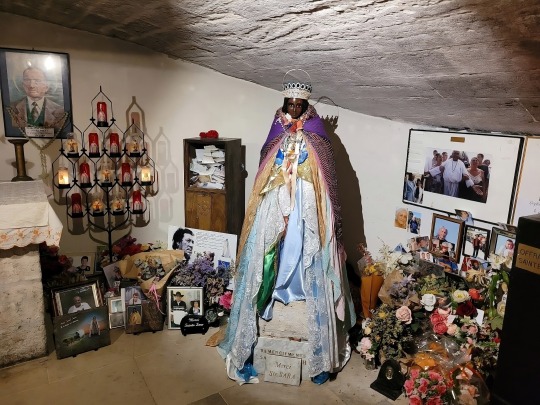

the shrine of saint sarah in the church of the saintes-maries-de-la-mer in in the camargue in france. the church itself was built in the 9th century and named for and dedicated to the three marys. a popular french legend goes that they and their maid, sarah, landed on a camargue coast.
saint sarah, or sarah-e-kali (sarah the black, “the black” is a title sometimes given to black/dark-skinned saints) in romani, is the patron saint of roma people in latin catholicism, though she isn't recognized by the catholic church. she is also revered as a protector for marginalized and poor people in general. her origins are thought to lie in a syncretization of the hindu goddess kali, the story of sarah along with the three marys, and the tradition of black madonnas. (christian roma have historically venerated other black madonnas as well.) the church is her major shrine - she's venerated here annually on the 24th of may by roma pilgrims.
#france#romani#interior#worship#christian#my posts#brahmic (hindu buddhist etc) deities are syncretized into a bunch of very specific forms depending on where you look#and one can have a bunch of different forms that are ultimately the same being/idea#it fits perfectly into the concept of saints if you think about it#not that people think saints are gods but the like. manifestations thing#i think there's some syncretic christianity/west african religions/hindu traditions in places 18th/19th century enslaved indians#were shipped to (mostly in central/south america which has a big history of syncretic christianity in general)
11 notes
·
View notes